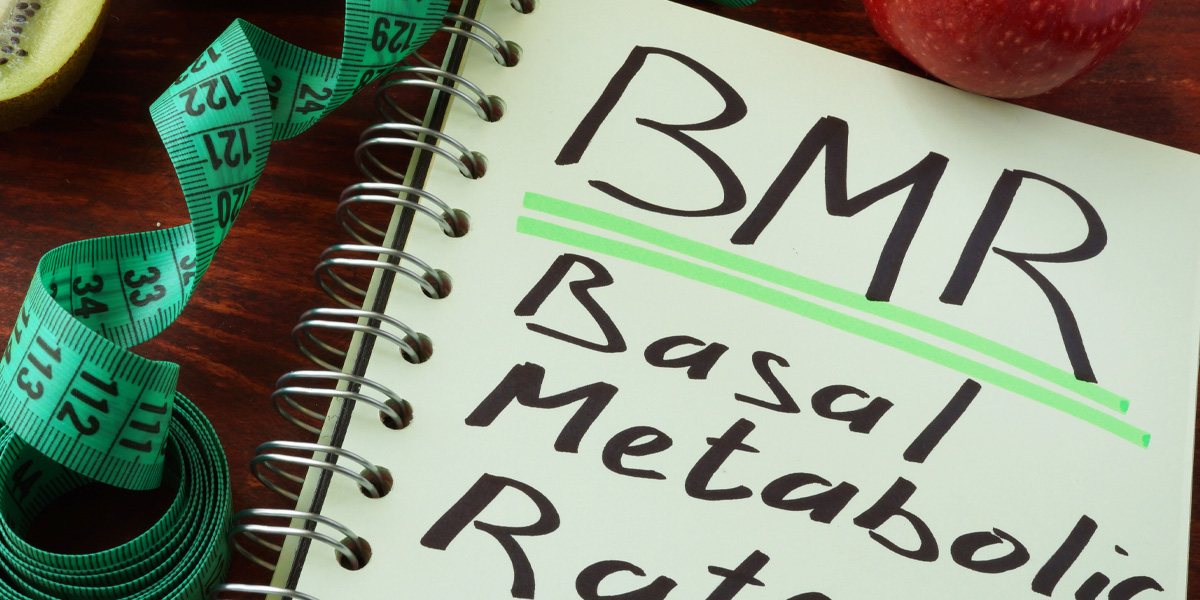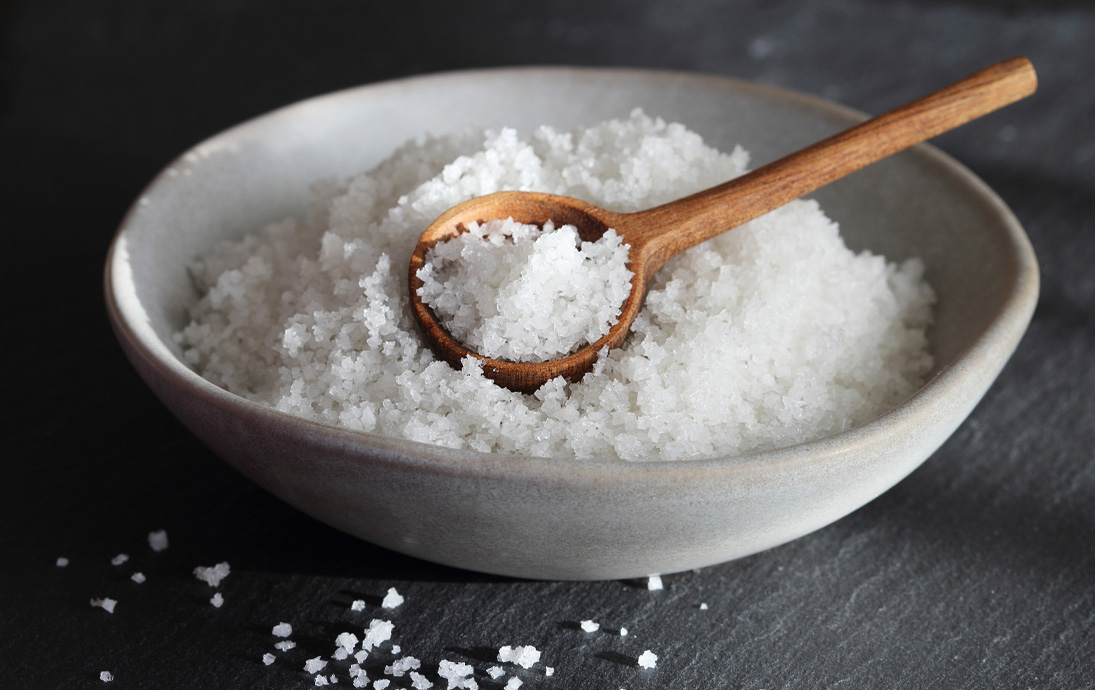
While it is true that reducing the number of calories you consume each day could help you manage a healthier weight, the calorie balance may be the more important principle behind maintaining a healthy weight. Calorie balance consists of calories-in and calories-out. That is, if the number of calories we consumed is equal to the number of calories burned, we can maintain our current weight. If we consume more calories than we expend, we may gain weight. If we consume fewer calories than we expend, we may lose weight.
Energy expenditure (calories burned) is more than just the energy your body uses for physical activity. Energy balance is the relationship between the foods we eat and the energy we expend each day. Finding proper balance will help your body function correctly, helps to regulate hormones, glucose balance, and maintain a healthy weight.
The three components of energy expenditure are:
- Basal metabolic rate (BMR)—the body’s energy to maintain all of its fundamental physiologic functions. A low BMR is at risk for weight gain and is resistant to weight loss.
- Thermic effect of food (TEF)—This is the energy that your body uses to process the food that you eat.
- Energy costs from physical activity-both deliberate and spontaneous. Spontaneous Physical Activity is activity that will commonly be referred to as daily living activities or even fidgeting. People with low levels of spontaneous physical activity are at an increased risk for weight gain.
BMR accounts for 60-75% of our total energy output. TEF accounts for 5-10% of our energy output, and physical activity accounts for 15- 35% of our energy output.
Knowing your BMR can help you to plan your physical activity to increase your total energy output and help you figure the healthy number of calories that you need to eat each day.
How to figure your BMR:
The rate at which your body uses energy while you are at rest to maintain all of its fundamental functions is referred to as your basal metabolic rate (BMR).
Gender, height and weight, age all influence your BMR.
For Males: BMR = 10 x weight (kg) + 6.25 x height (cm) – 5 x age (years) + 5
For Females: BMR = 10 x weight (kg) + 6.25 x height (cm) – 5 x age (years) – 161
Note: 1 inch = 2.54 cm; 1 pound = .453592 kg


